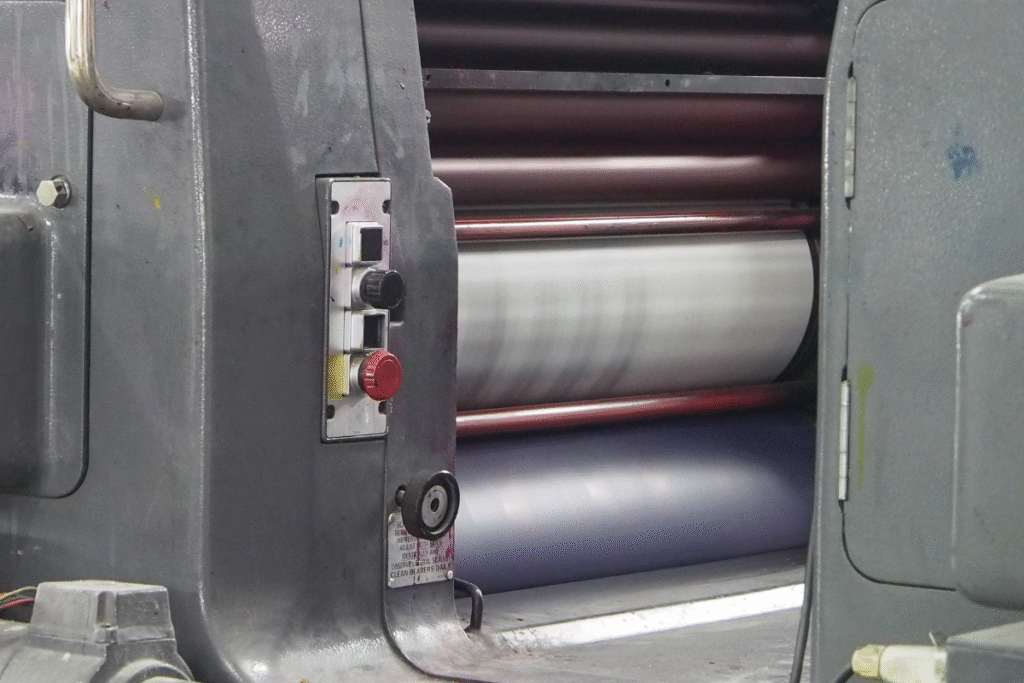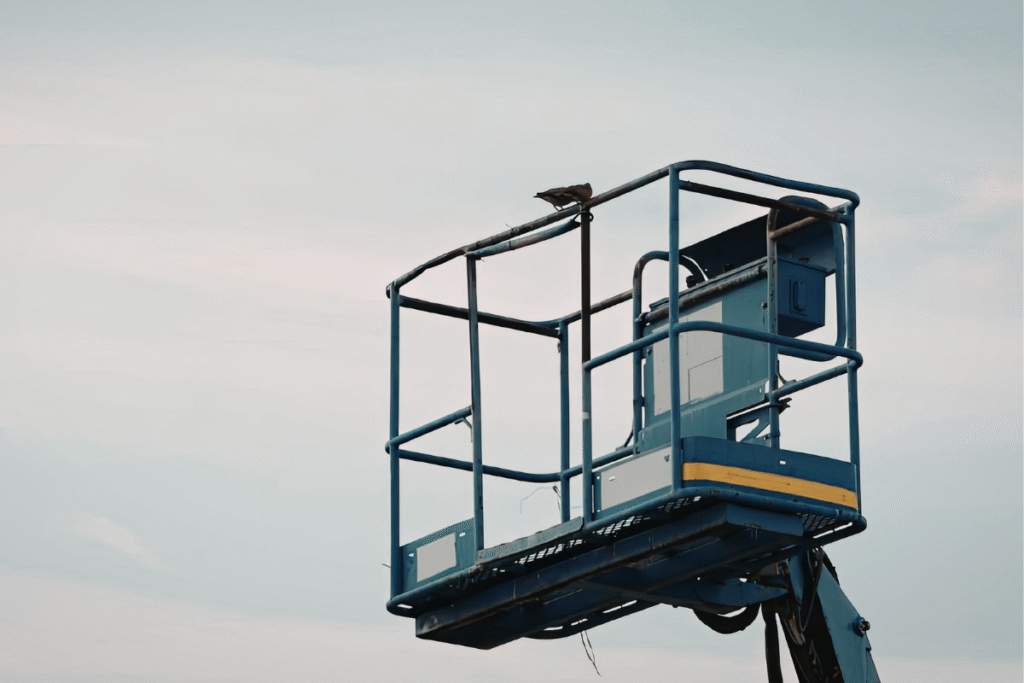Edie | Almost two-thirds of UK-based SMEs do not understand how to categorise and disclose their greenhouse gas emissions into Scopes 1, 2, and 3, new polling has revealed.
A survey of more than 1,000 senior decision-makers at SMEs, garnering their approach to environmental strategies, disclosures, and investment plans. The primary focus of the research was decarbonisation.
Researchers concluded that, despite a shared, “genuine ambition” to decarbonise and a widespread recognition of the financial benefits of action, most SMEs continue to face resource and capital constraints as well as knowledge gaps.
Only 13% of the businesses surveyed have made public commitments to net-zero by 2050 or sooner, the UK’s legally binding long-term climate target, and backed these pledges up with formal measures.
This proportion remains unchanged year-on-year. However, it tripled between 2023 and 2024.
Extrapolating the 2025 findings across the whole UK economy, 13% is equivalent to around 715,000 SMEs.
In assessing the credibility of “green” or “net-zero” targets, the researchers looked at whether SMEs calculate and disclose emissions in line with the GHG Protocol’s guidance.
Concerningly, the majority (58%) of the business leaders surveyed claim they have never heard of the definitions of Scope 1 (operational), Scope 2 (power-related), and Scope 3 (indirect) emissions.
These definitions form the basic framework of the GHG Protocol, which, in turn, is foundational to the forthcoming UK and EU sustainability reporting standards.
2026 is set to be a landmark year for changes to sustainability reporting standards across Europe.
The UK Government is consulting on the design of its Sustainability Reporting Standards (SRS) until 17 September 2025, with a view to publishing finalised standards in 2026. It will align with the International Sustainability Standards Board’s (ISSB) first two standards, published in June 2023. This should ease reporting burdens for businesses operating and trading internationally.
The UK SRS will layer over existing climate risk reporting requirements for large UK businesses, introduced in 2022.
UK businesses with operations and/or sales in Europe are also preparing for the rollout of the EU’s new Corporate Sustainability Reporting Directive (CSRD) and Corporate Sustainability Due Diligence Directive (CSDDD).
Policymakers have delayed the introduction of the Directives by one year. They have also reduced the scope of both CSRD and CSDDD in a bid to ease the burden on SMEs. While SMEs are not directly impacted, they will likely receive additional disclosure requests from their large clients and customers.




